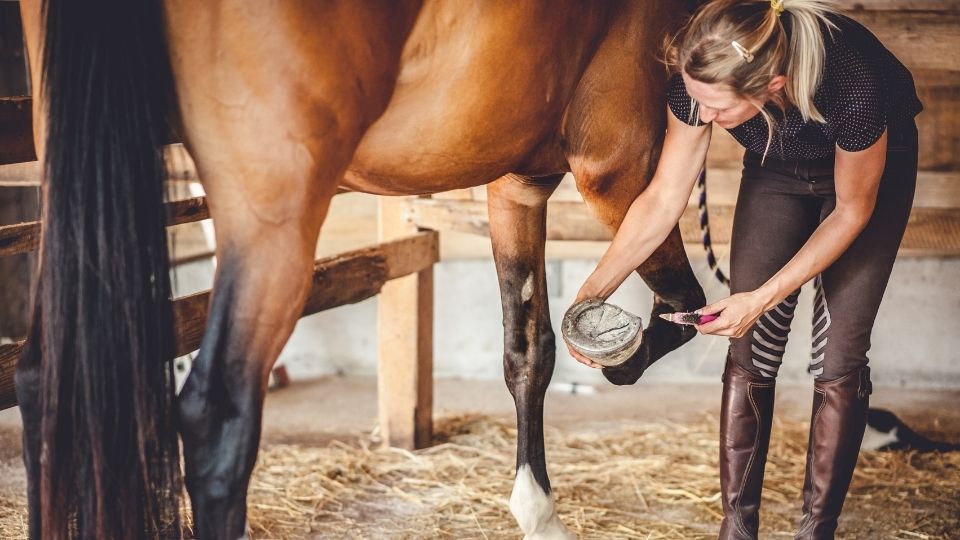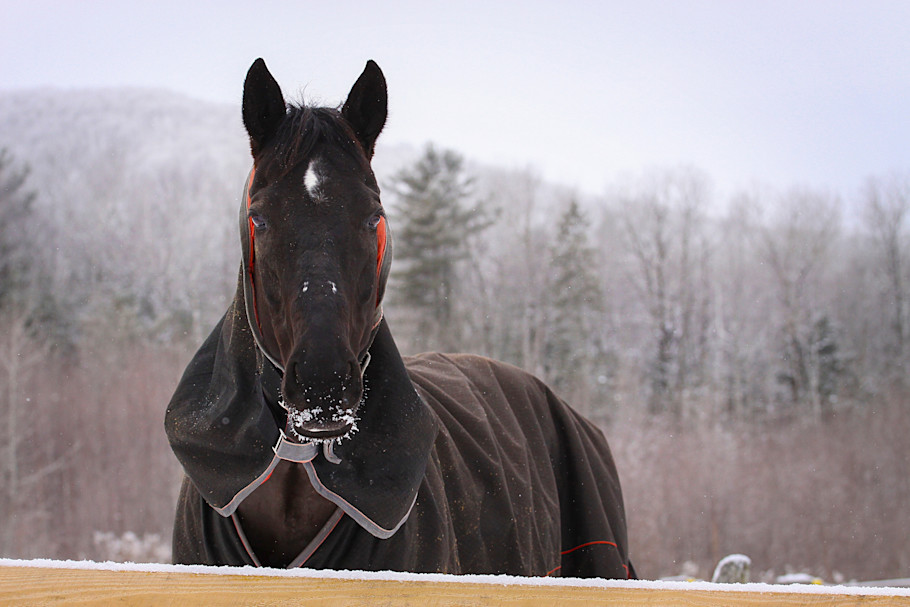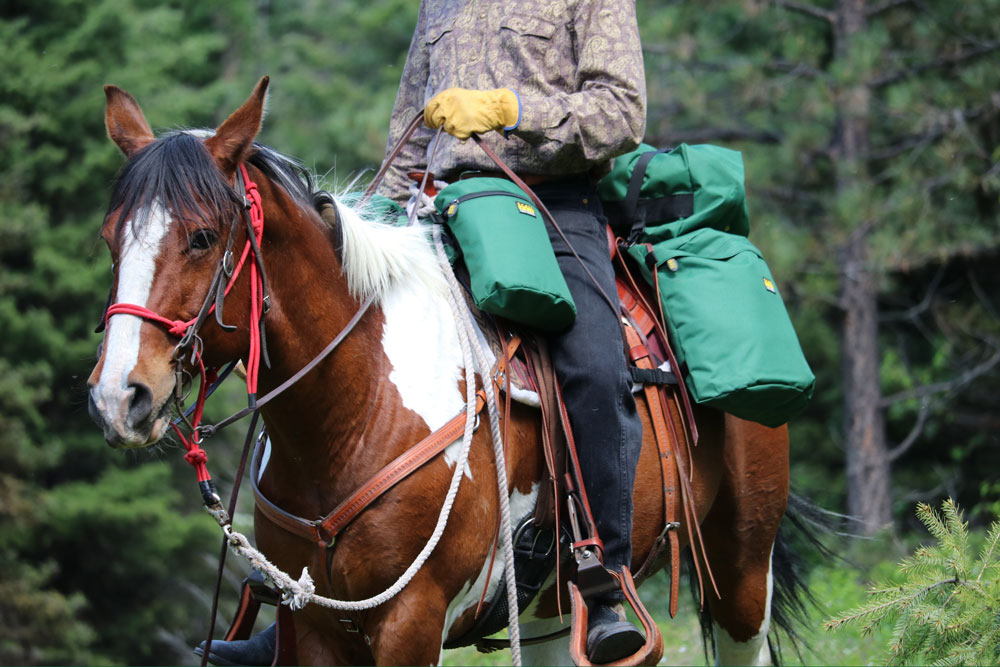
What Are the Two Horse Breeds Best for English Dressage? Terrific Insights Here!
Share
When it comes to mastering the art of **English dressage**, choosing the right horse is crucial. Among numerous breeds, two prominently stand out for their exceptional performance and compatibility in dressage. Understanding these breeds can lead to remarkable results in your equestrian journey. So, what are the two horse breeds best for English dressage?

The Art of English Dressage
**English dressage** is a refined form of horseback riding that focuses on the horse's natural athleticism and ability to perform complex movements. This discipline not only tests the horse's training but also showcases the intimate bond between horse and rider. In order to excel in this sport, selecting a breed that embodies strength, agility, and grace is paramount.

Top Breeds for English Dressage
Throughout history, certain horse breeds have been known for their aptitude in dressage. The two breeds that undoubtedly stand out are the **Warmblood** and the **Thoroughbred**.
Warmblood: A Class of Its Own
The **Warmblood** breeds, especially those from Europe, are often considered the best for **English dressage**. Renowned for their temperament, these horses are often more trainable and have the athletic build necessary for executing intricate movements. Popular Warmblood breeds include the **Hanoverian**, **Dutch Warmblood**, and **Westphalian**.
These breeds are not only visually stunning but also possess a temperament that is conducive to learning and competing. Their ability to maintain a calm demeanor while under pressure makes them exceptional candidates for the dressage arena.
Thoroughbred: The Versatile Competitor
The **Thoroughbred** is another breed that excels in **English dressage**. Known primarily for their speed and stamina, Thoroughbreds also exhibit an impressive blend of agility and intelligence. With proper training, they can become elegant dressage horses, often bringing a spirited energy to their performances.
Thoroughbreds, while traditionally associated with racing, have proven to be versatile across various equestrian disciplines, including dressage. Their keen intelligence and willingness to learn can create a captivating partnership with their riders.

Factors to Consider When Choosing a Dressage Horse
When selecting the ideal horse for dressage, its imperative to consider a few critical factors:
- Training and Experience: A horse that has received basic training in dressage will be much easier to work with.
- Temperament: Calm and trainable horses will be more successful in learning complex movements.
- Physical Attributes: Look for horses with a strong back, powerful hindquarters, and correct conformation.

Health Considerations for Your Dressage Horse
As **health-conscious pet owners**, it is essential to maintain your horse's health adequately. **Nutrition**, regular **vet checkups**, and emotional welfare play a significant role in a dressage horse's performance.
Ensuring that your horse is on a balanced diet rich in nutrients is vital, as this directly impacts their energy, stamina, and overall performance in the ring. Keep an eye on their physical condition and work closely with a veterinarian to establish a proper health plan.
Conclusion
In summary, choosing the right horse for **English dressage** can truly elevate your riding experience. Both the **Warmblood** and the **Thoroughbred** have proven themselves time and again in the dressage world due to their adaptability, temperament, and striking appearances. Always consider each horse's unique traits, health needs, and compatibility with your riding style for an enriching experience.
FAQs
-
What types of training do Warmblood horses undergo for dressage?
Warmbloods typically undergo rigorous training that includes basic groundwork, advanced maneuvers, and exposure to various riding styles to build their confidence and skill.
-
Can Thoroughbreds compete successfully in dressage?
Yes, Thoroughbreds can excel in dressage with the right training and patience. Many thoroughbreds have gone on to compete at high levels in dressage competitions.
-
How important is temperament in dressage horses?
Temperament is crucial as a calm and willing horse makes training easier and helps mitigate stress during performances.
As an Amazon Associate, I earn from qualifying purchases.
